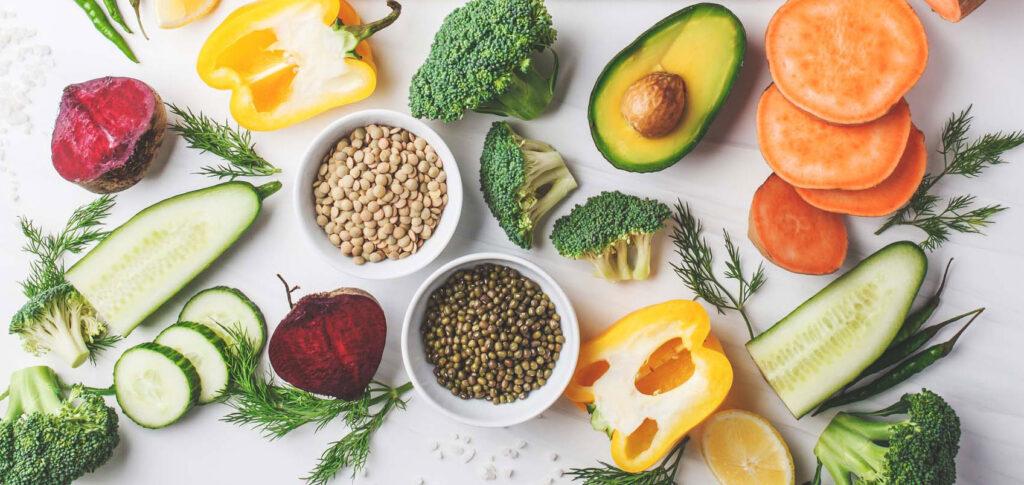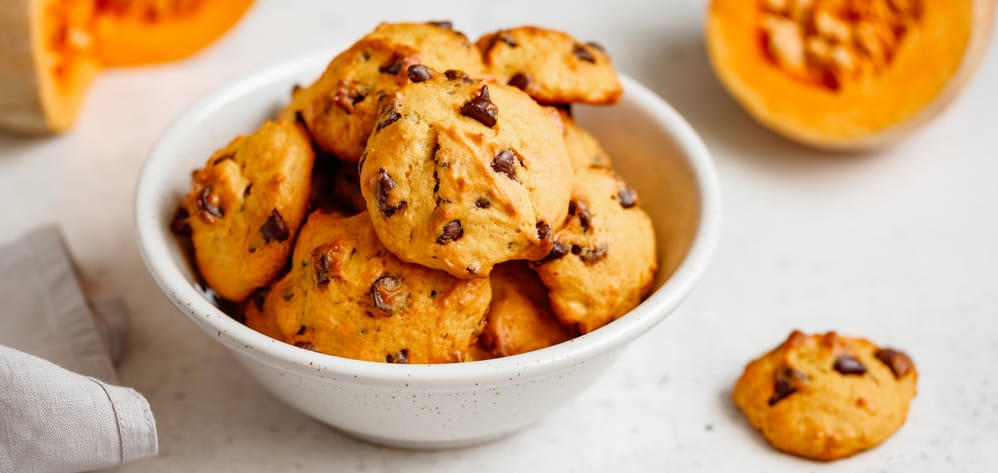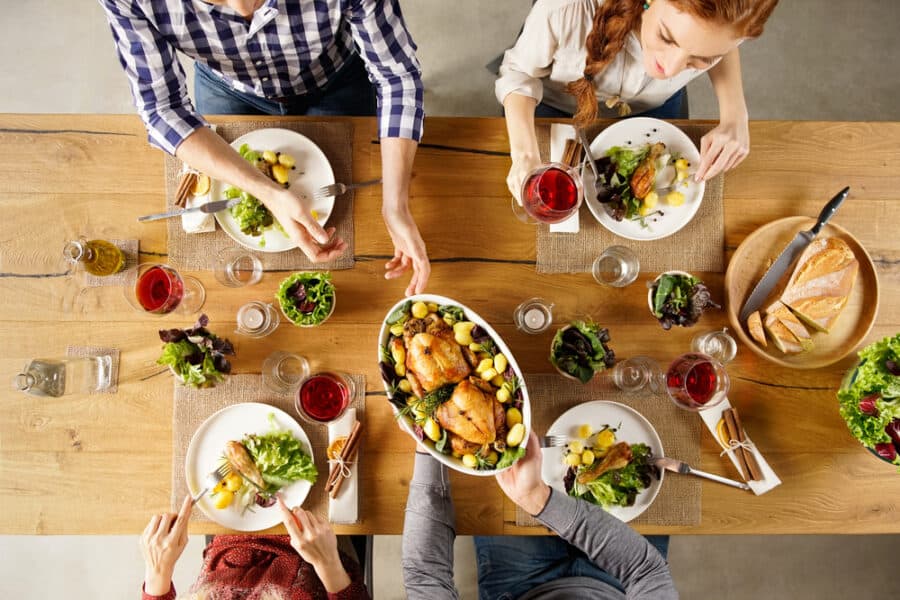Is A Calorie Just A Calorie and Healthy Holiday Tips for Holiday?!
11. December, 2019

Healthy eating
Burning more calories each day than you consume may have been the diet advice from the past, but that doesn’t work for everyone. Of all the nutrition myths, the calorie myth is one of the most pervasive and most damaging. It’s the idea that calories are the most important part of the diet — that the sources of these calories don’t matter.
It’s true that all calories have the same amount of energy. But when it comes to your body, things are not that simple. The human body is a highly complex biochemical system with elaborate processes that regulate energy balance.
Different foods go through different biochemical pathways. Even more important is the fact that different foods and macronutrients have a major effect on the hormones and brain centers that control hunger and eating behavior. The foods you eat can have a huge impact on the biological processes that control when, what and how much you eat.
It is true that fat has more calories than carbohydrates, including sugar. But by that logic, a sugary beverage is better for you than a handful of nuts. That’s just not what the unbiased studies have shown. Looking only at calories ignores the metabolic effects of each calorie; the source of the calorie changes how you digest it and how you retrieve energy from it.
How to Eat on Holidays?
The holidays are meant to be shared together with family and friends along with plenty of delicious food and delectable desserts. It can be particularly hard to “stay on track” and continue to eat healthy through all the holiday parties and festivities. Here are a few tips and tricks for healthy eating while still enjoying the holiday season.
“Smaller plates, don’t skip meals, and drink plenty of water,”
We may feel full and happy the more we swallow, but it’s taste that is satisfying. With that in mind, don’t rush the foods you choose to eat. Take your time to eat a little of each chosen food and savor it, rather than gulping and missing most of the pleasure. A smaller amount can be much more enjoyable than a large one, and it leaves room for tasting more goodies without the stomachache. It takes about 20 minutes for our brain to tell our stomach it’s full, so taking a few minutes between servings can help prevent overeating.
Different foods have different effects on satiety and how many calories you end up consuming in subsequent meals. For example, it may be quite easy to eat 500 calories or more of ice cream, while you’d have to force feed yourself to eat 500 calories of eggs or broccoli. This is a key example of how the food choices you make can have a huge impact on the total calories you end up consuming.
Even though calories are important, counting them or even being consciously aware of them is not at all necessary to lose weight. Studies show that refined carbohydrates lead to faster and bigger spikes in blood sugar, which leads to cravings and increased food intake. Never go to a party hungry. Eat a small meal that includes proteiin or fats before leaving home. Protein and fat helps to balance blood sugar. In many cases, simple changes in food selection can lead to the same or better results than restricting your calorie intake.



